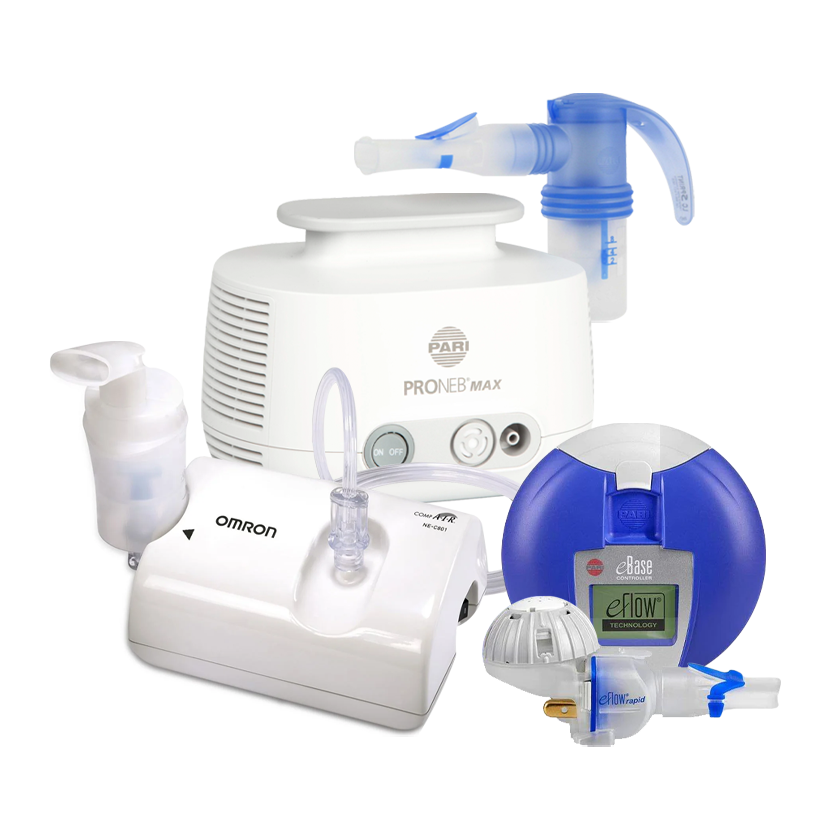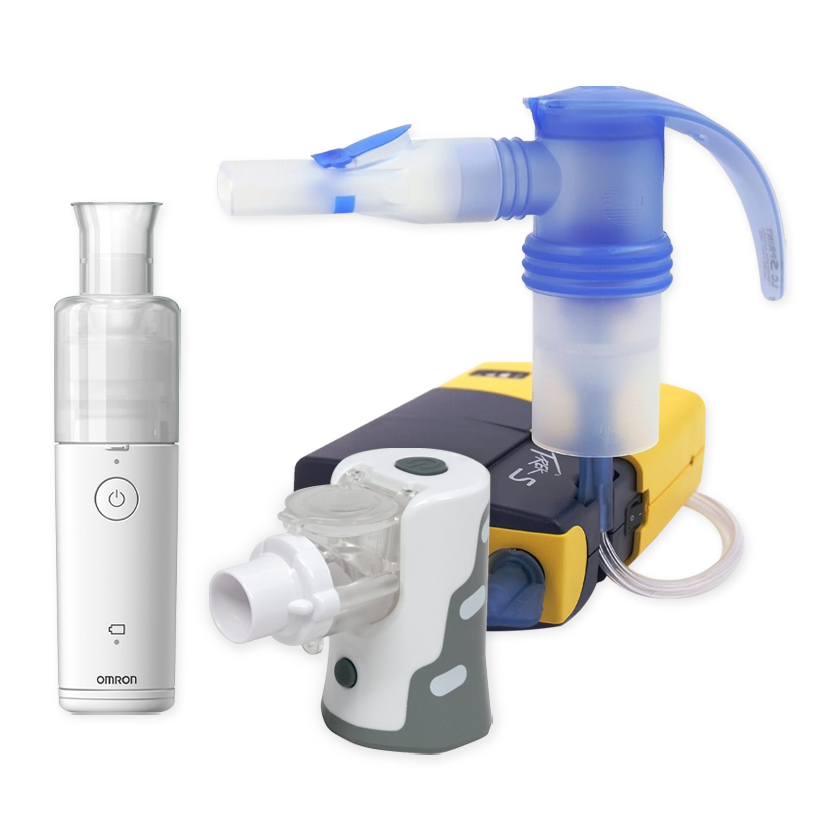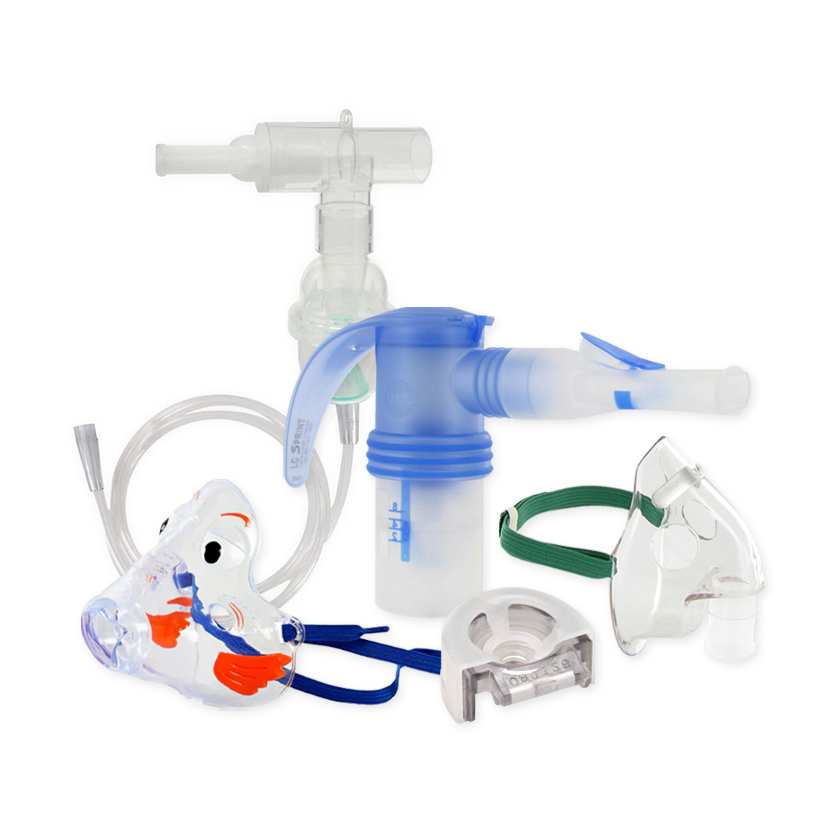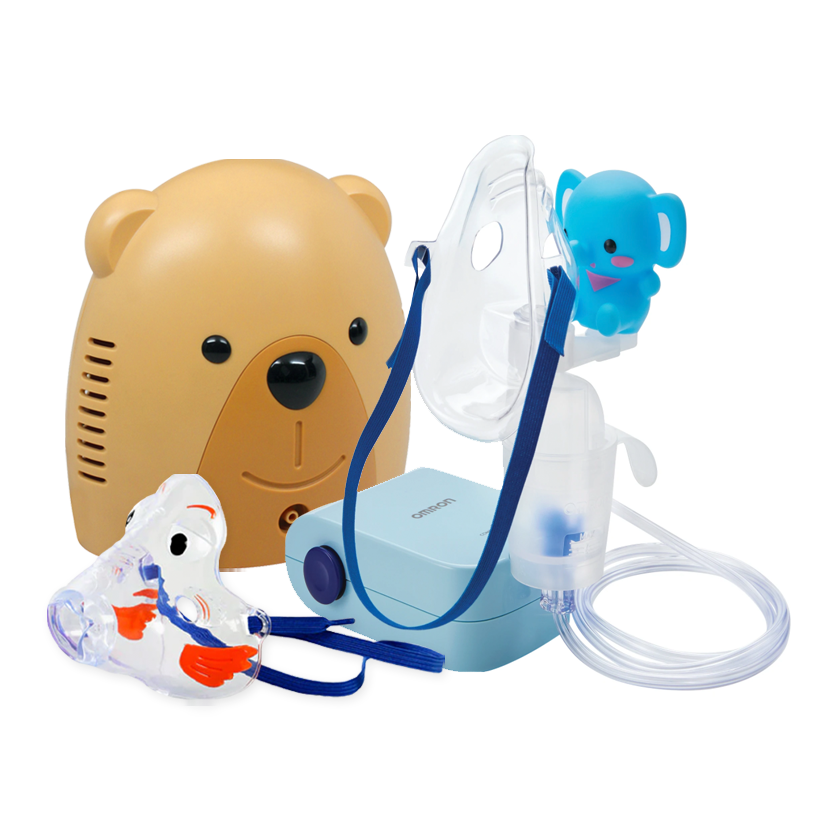Your Cart is Empty
Asthma Camps
One of the best parts of being a kid is being able to attend summer camp. The new friends, the fun activities, the relaxing outdoor environment – it’s all part of an experience designed to foster children’s educational, cultural, and social development, and create memories that they’ll cherish for a lifetime. For children with asthma, many traditional camp activities – such as hiking, canoeing, and campfires – may appear to be an impossibility. Fortunately, that’s not the case at all.
Asthma camps are specifically designed to accommodate the needs of children with asthma, and offer them the same quality experience as any other summer camp program.
Aside from the traditional physical and social benefits, asthma camps have scientifically- proven benefits – campers tend to have improved management of their condition, as well as an increase in their overall quality of life.
What happens at asthma camp?
In many ways, asthma camps aren’t too different from other programs – campers live together in lodgings, enjoy traditional camp activities (archery, swimming, etc.), and meet a variety of new friends. The only difference is that the campers all have one thing in common: a diagnosis of asthma, ranging from mild to severe.
In addition to designing and supervising activities that are safe and fun for the campers, the camp counselors often involve participants in educational programs to help them better understand their condition – discussing topics such as identifying triggers, managing asthma at school, properly using an inhaler or nebulizer, and how to come up with an asthma action plan. By combining recreation with education, asthma camps build awareness, self-esteem, and social unity. Best of all, they’re a lot of fun!
Here are a few of activities your child might enjoy at asthma camp, courtesy of The Consortium on Children’s Asthma Camps:
- “Trigger tag:” an active, fast-paced game that gives each child the opportunity to identify and “claim” his or her asthma triggers.
- “Make Your Own Mucus:” children create “mucus” from cornstarch and food coloring, in order to understand the texture, movement, and effects of mucus buildup in the airways.
- “Peak Flow Bombardment:” a dodge ball-like game designed to reinforce the importance of peak flow monitoring and to develop an understanding of peak flow ranges.
- “The Asthma Family:” campers create a song or skit to describe their asthma management, and share them to build group camaraderie and asthma awareness.

Choosing an Asthma Camp
As with any other summer camp, there are many factors that parents should consider when deciding on a program. Potential questions to ask when evaluating options include:
- How long does the program last?
- Will campers be staying overnight, or does the programming take place mainly during the day?
- How many campers typically participate? What is the camper- to-counselor ratio?
- What are the program fees, if any? Does the camp offer “camperships” to help accommodate low-income participants?
- Who are the camp sponsors?
- What medical services are available? How many medical professionals/therapists/nurses are on hand to answer your child’s questions and ensure that they receive the proper care? Is there access to 24-hour medical care?
- Does the camp focus primarily on recreation, education, or do the activities offer a combination of both?
Some Camps to Consider
There are approximately 120 asthma camps in the United States, serving nearly 10,000 children! Here are some of the major ones.

AAFA Asthma Camp — Camp Nomowheezin (Los Angeles, CA)
Sponsored through a combination of private donations, foundation grants, and the generous contributions of the South Coast Air Quality Management district and BP, the AAF takes children who suffer from asthma and sends them to a FREE week-long camp to teach them asthma management! Campers can run and play with each other under the supervision of board-certified allergists, nurses, and other medical professionals. For 35 years, Camp Nomowheezin has helped asthmatic children enjoy a fun, informative summer camp experience.

Camp Aire (Kankakee, IL)
Conveniently located an hour away from Chicago, Camp Aire educates asthmatic children ages 5-13 on how to understand and treat their condition, and most importantly, how to have fun in the process! Counselors lead participants in fun games, activities, and education sessions, and provide plenty of snacks. Camp fees are $25.

Champ Camp (Greenwood Village, CO)
Every July, 100 campers descend on Glacier View Ranch in Colorado for a week of fun activities (zipline, ropes course, rock climbing), asthma education, and good times! The overnight program is designed to help children ages 7-14 gain confidence in themselves and their ability to manage their condition, by emphasizing three key steps: identifying and avoiding triggers, staying active, and taking medications regularly and properly. A majority of campers come from low-income families, and fees are determined based on parents’ net income.

Texas Asthma Camp for Kids (Tyler, TX)
Since 1985, 3,000 children with asthma have headed to Lake Tyler, TX to take part in the Texas Asthma Camp for Kids. The program offers traditional camp activities with the added bonus of high-quality asthma education, and is organized and conducted by the University of Texas Health Science Center at Tyler. The Health Science Center provides medical support with a 24-hour clinic staffed by on-site physicians. The cost per camper for the weeklong program is $180.

Camp SuperKids (Winchester, VA)
Camp SuperKids is a 3-day summer camp for children with asthma. For over 20 years, the camp has aimed to help kids realize that with the proper management techniques, their asthma need not be a limiting factor in their ability to have fun and enjoy an active lifestyle. Children between the ages of 6-8 participate in day camp ($20), while kids aged 8-12 stay overnight ($40); all campers enjoy snacks, swimming, fishing, arts and crafts, and most importantly, exercises to help them understand and manage their asthma.

Asthma Camp (Exeter, RI)
This weeklong asthma camp is capped at 30 children and offers an intimate, traditional sleep away camp experience to children with asthma ages 9-13. Activities include swimming, kayaking, fishing, hiking, and arts & crafts, as well as one hour of asthma education games per day. A special clinic provides 24-hour medical care, and trained medical staff members remain on call throughout the week (the program is sponsored by the nearby Hasbro Children’s Hospital). The camp is open to all kids in Rhode Island, and there are no fees for those eligible to participate.





